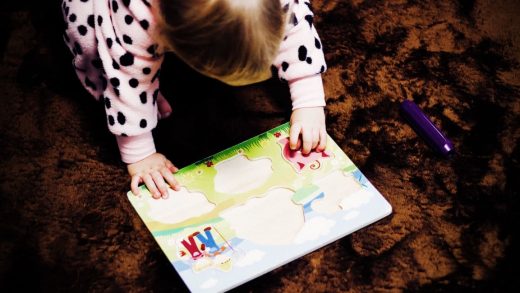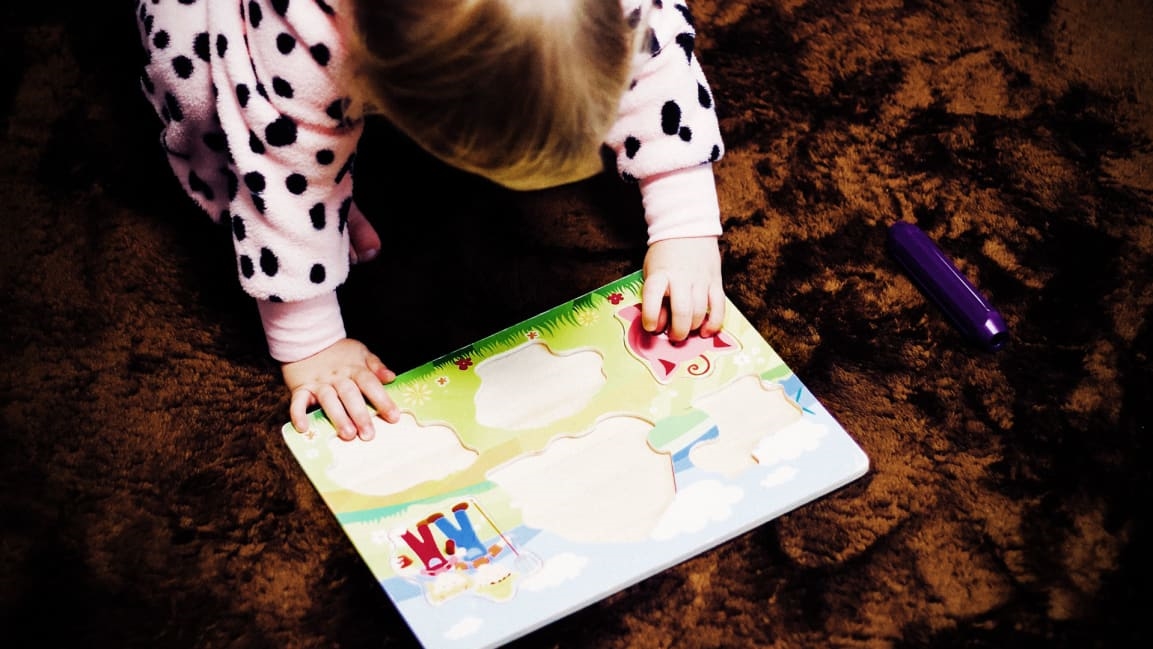Why we need to customize maternity leave
This month, my son, Hendriks, will turn four, and our family will welcome the arrival of a little brother. While the birth of a second child is something to celebrate, the truth is that motherhood is even more complicated—for me—the second time around.
When I had Hendriks in 2015, I was launching a start-up kombucha brand called Health-Ade, alongside my husband, Justin, and best friend, Vanessa. Our team was just 20 people. I juggled work, motherhood, and the many hats entrepreneurs have to wear. At that stage, it was easier for me to delegate the tasks of CEO to my fellow co-founders and executives.
Fast forward to 2019, and our company has grown into a multimillion-dollar consumer brand. Our team has grown to over 300 people, and I’m proud to say that half of them are women.
Before motherhood, I viewed maternity leave as “three months off to put family first.” But, having lived through my first pregnancy in start-up mode and my current pregnancy as CEO of a fast-growing company, I realized that there isn’t a one-size-fits-all for any working mom. Perhaps maternity leave shouldn’t be set up that way.
Maternity leave is personal
Thanks to companies like Sweetgreen and Target advancing their maternity leave policies, the subject of motherhood in the workplace has been all over the news. But we don’t hear about how the individualized demands of each woman’s career relate to her personal needs during motherhood. What I’ve realized, after giving birth, is that what’s most critical for working mothers and maternity leave programs is customization. Adding a few months to an existing maternity leave program isn’t enough, especially for highly demanding and complex professional roles.
The pressures women feel today have never been greater. We fought hard for the professional milestones we’ve achieved, but societal expectations for all mothers haven’t changed. We are expected to (and sold that we can) do it all: win at mom life, work, self-care, family, and home while contributing to social causes and looking like an Instagram influencer in the process. A woman with career goals and hardcore ambition can end up feeling that motherhood might be the key to career suicide, especially when there isn’t a robust maternity leave in place. This diminishes her career’s trajectory for growth and limits companies from accessing real diversity where it counts. It’s evident that changing society’s pressures on women and maternity leave is vital, and that’s a long-term and complicated proposition. More companies need to acknowledge this and take responsibility.
Companies need to realize that it’s one of the top issues facing employees today
As a CEO who designs the benefits for people who choose to join our company, and as a woman who has seen motherhood in the office from many perspectives, I encourage employers to see maternity leave as an extremely complex issue in the workplace. It’s more than just a solution for a mother’s “time off.”
To do this, they need to get creative with their HR departments and start the conversations early. Consider crafting personalized plans and offering options. Employees also need to ask for what they need and not be afraid to have discussions on what will work best. Making assumptions often hurts people more than it helps them. What a company thinks an employee wants might be the exact opposite of what the employee believes is best for them.
Working mothers might prefer to defer their full leave, or organize it creatively with options tied to tailored work schedules. They might like to explore more work-from-home options or daycare/night nanny support, and more. After all, motherhood doesn’t stop at three months. Providing alternatives to employees as well as having protocols in place for paternity leave, same-sex parents, and adoptive parents can also push the boundaries and reset the mold. Parenting isn’t a one-size-fits-all responsibility, and companies need to stop treating maternity leave that way.
Daina Trout is the CEO & Cofounder of Health-Ade Kombucha.
(14)



